Belgrade: Status is up for discussion
Head of Belgrade's negotiating team Borko Stefanović says that the Serbian delegation made its position on Kosovo status clear at the start of the dialogue.
Saturday, 12.03.2011.
16:10

Head of Belgrade's negotiating team Borko Stefanovic says that the Serbian delegation made its position on Kosovo status clear at the start of the dialogue. "Regardless of everything, the position will not change, but that should not be an obstacle to dialogue. We have stood our ground in advocating our national interests, but without highlighting the differences, and that is the way to solve problems," he told daily Vecernje novosti. Belgrade: Status is up for discussion “The talks got off to a very good start, in a working atmosphere, with a lot of understanding,” he said. “In just two days we opened seven issues, and made significant progress in some,” the Belgrade negotiating team head pointed out. "We will not reveal details until things are wrapped up. We have found a lot of common ground when it comes to the cadastre, the civil registry, and both sides positively assessed the work of CEFTA. We outlined our proposals related to air traffic, telecommunications and the design of the customs seal in great detail. Now we are waiting for the other side to respond," he was quoted as saying. Commenting on the fact that after the start of the dialogue in Brussels, the Kosovo assembly passed a resolution authorizing the negotiating team to discuss technical issues only, Stefanovic said it was "impossible not to touch on issues related to sovereignty or the two sides' stance on status at some point." "Some issues only appear technical, but have a strong political dimension. Pristina's continued insistence on independence is nothing but self-encouragement," he stressed. Stefanovic stated that "there are a lot of problems in Pristina" and that Serbia "needs to be patient and give them time to solve them." "Our side has proposed very specific solutions for each of the open topics, which in no way infringe on our sovereignty, Constitution and parliamentary resolutions, but possess a very strong capacity for compromise," he pointed out. Stefanovic said he was very satisfied with the EU's role in the talks. "They are not a buffer zone, their role has been constructive, status-neutral, guiding us to locate common ground and overcome points of disagreement," Stefanovic concluded. Borko Stefanovic (Tanjug, file)
Belgrade: Status is up for discussion
“The talks got off to a very good start, in a working atmosphere, with a lot of understanding,” he said.“In just two days we opened seven issues, and made significant progress in some,” the Belgrade negotiating team head pointed out.
"We will not reveal details until things are wrapped up. We have found a lot of common ground when it comes to the cadastre, the civil registry, and both sides positively assessed the work of CEFTA. We outlined our proposals related to air traffic, telecommunications and the design of the customs seal in great detail. Now we are waiting for the other side to respond," he was quoted as saying.
Commenting on the fact that after the start of the dialogue in Brussels, the Kosovo assembly passed a resolution authorizing the negotiating team to discuss technical issues only, Stefanović said it was "impossible not to touch on issues related to sovereignty or the two sides' stance on status at some point."
"Some issues only appear technical, but have a strong political dimension. Priština's continued insistence on independence is nothing but self-encouragement," he stressed.
Stefanović stated that "there are a lot of problems in Priština" and that Serbia "needs to be patient and give them time to solve them."
"Our side has proposed very specific solutions for each of the open topics, which in no way infringe on our sovereignty, Constitution and parliamentary resolutions, but possess a very strong capacity for compromise," he pointed out.
Stefanović said he was very satisfied with the EU's role in the talks.
"They are not a buffer zone, their role has been constructive, status-neutral, guiding us to locate common ground and overcome points of disagreement," Stefanović concluded.










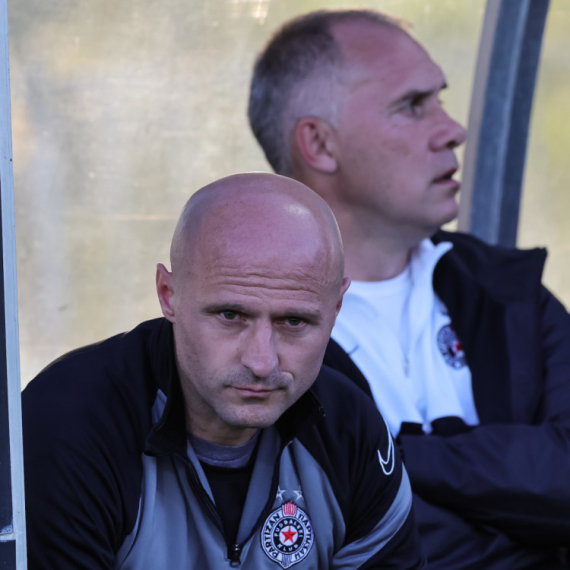
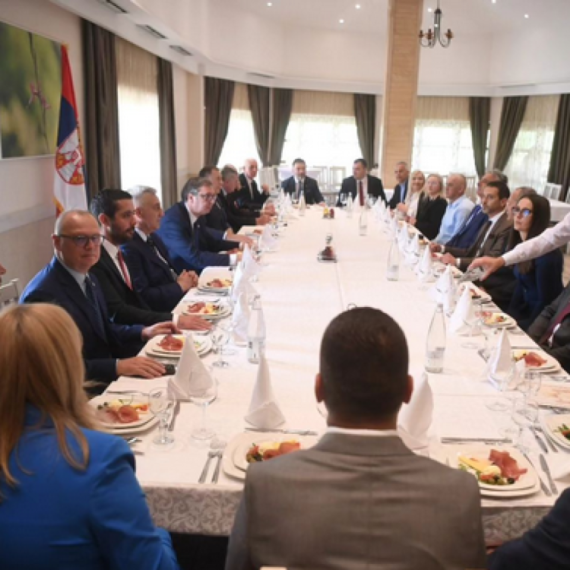

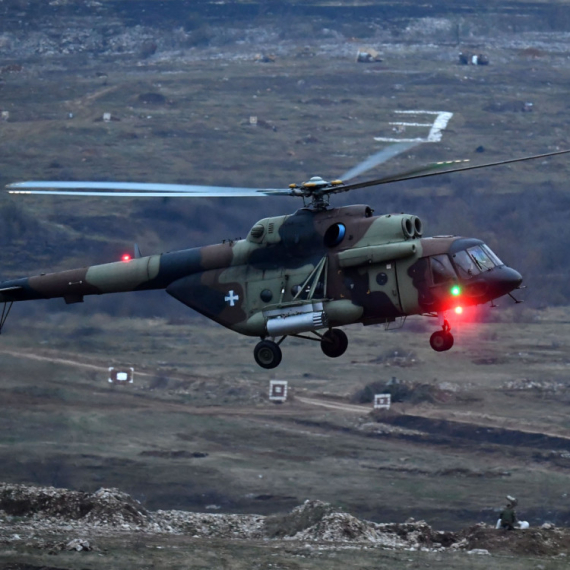












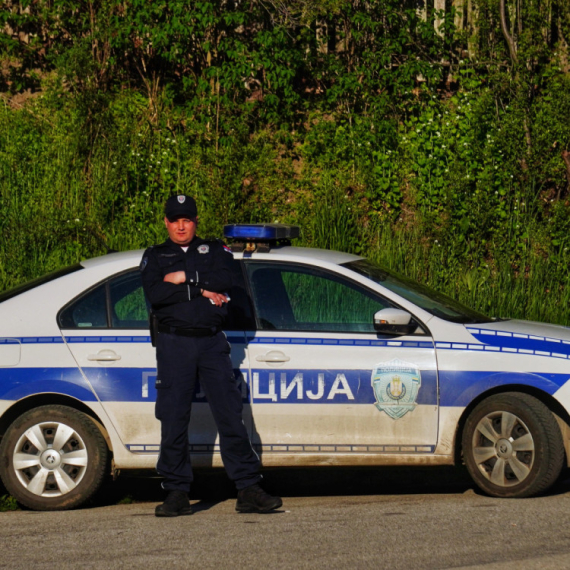
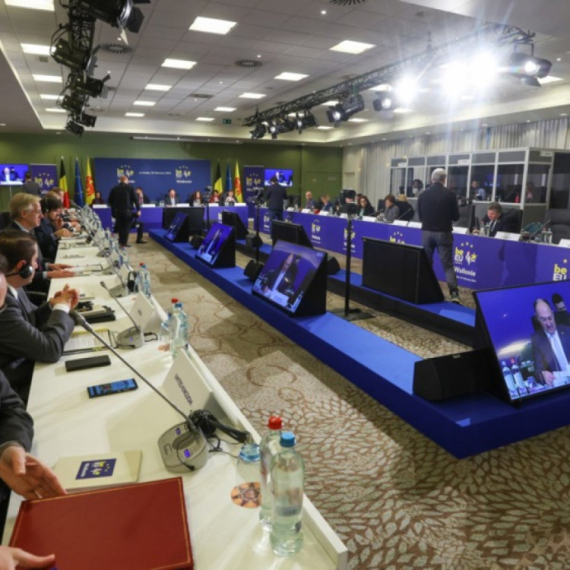
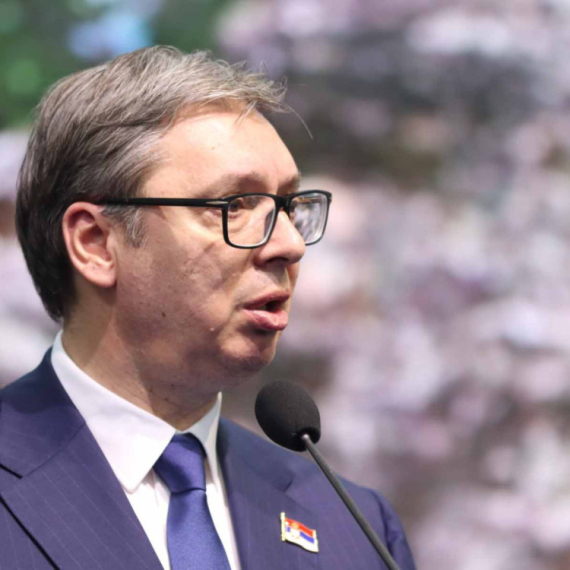
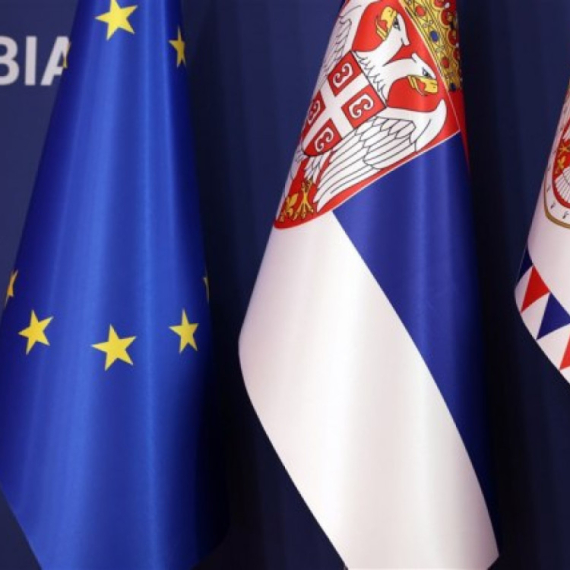

Komentari 8
Pogledaj komentare